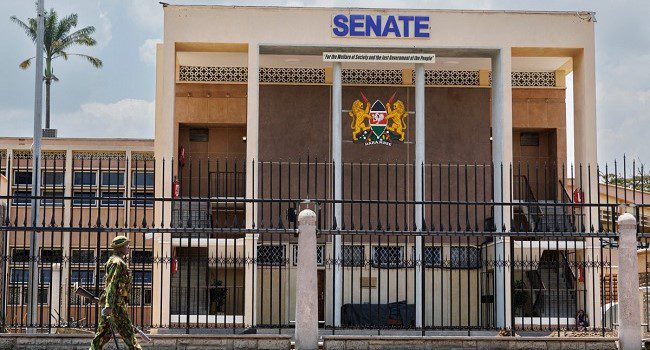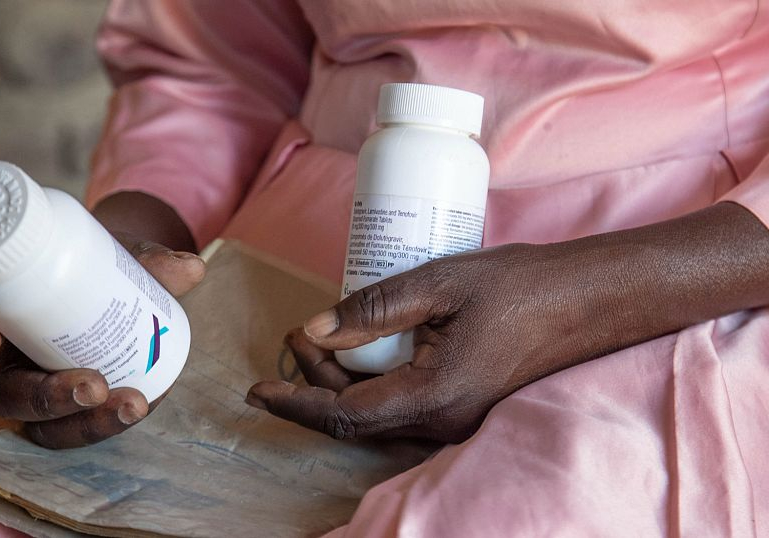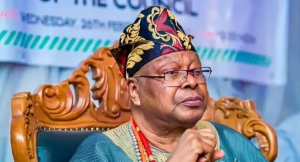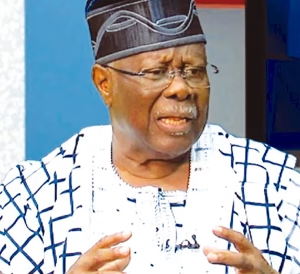In a landmark move, Kenya’s Senate has voted to impeach Deputy President Rigathi Gachagua, marking a historic first for the country. The impeachment vote, which was finalized on Thursday, comes after two days of intense hearings, where the 59-year-old deputy president faced a total of 11 charges.
The Senate found Gachagua guilty on five counts, more than enough to seal his fate, as only one guilty verdict was required to remove him from office. This landmark impeachment is a first for Kenya, where such a move has never been taken against a deputy president since the country’s revised constitution was introduced in 2010.
Gachagua had been facing mounting pressure in recent days, with the lower house National Assembly overwhelmingly approving a similar impeachment motion against him just last week. However, in a dramatic twist, the Senate session was thrown into disarray earlier on Thursday when Gachagua was hospitalized with severe chest pains, forcing him to miss his scheduled testimony in his own defense.
Despite his absence, the Senate pressed on with the impeachment proceedings, which ultimately led to the guilty verdicts on charges including corruption, insubordination, money laundering, undermining the government, and practicing ethnically divisive politics. Gachagua had vehemently denied all the charges leveled against him.
The impeachment is a significant blow to President William Ruto’s administration and is likely to have far-reaching consequences for the country’s politics. The move has set a precedent for future impeachments and has sent a strong message about the accountability of those in power.
As Kenya navigates this uncharted territory, one thing is clear: the country’s institutions are determined to uphold the rule of law and hold leaders accountable for their actions, no matter how high-ranking they may be. The impeachment of Deputy President Gachagua is a significant moment in Kenya’s history, and its impact will be felt for years to come.









